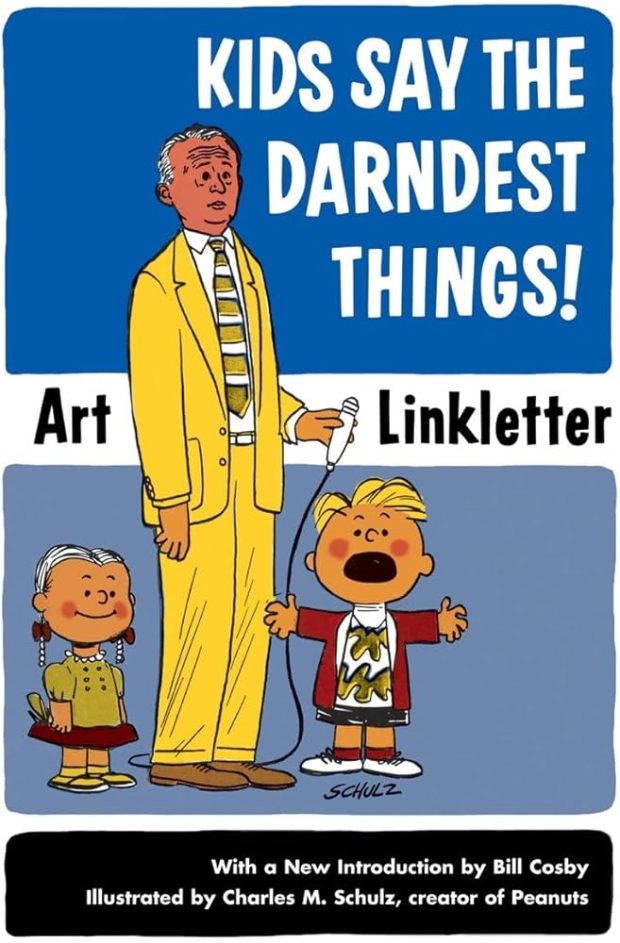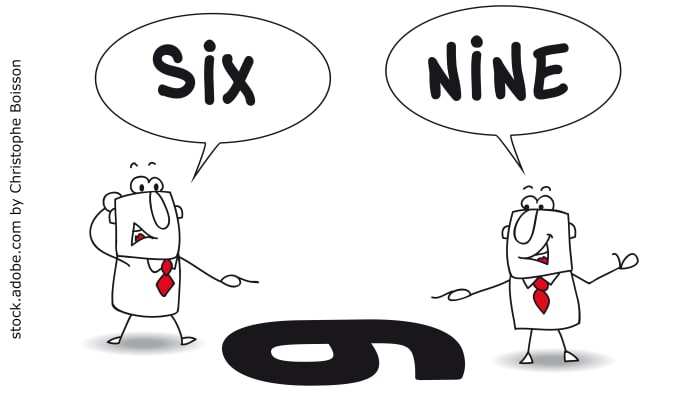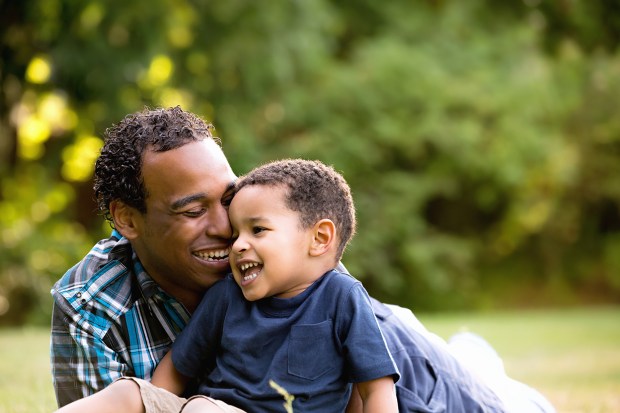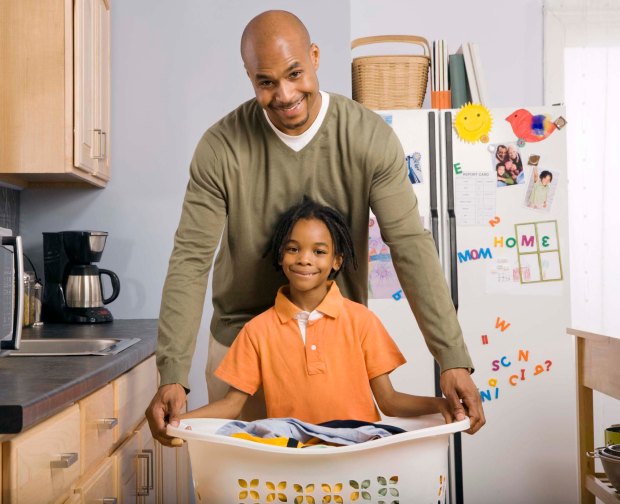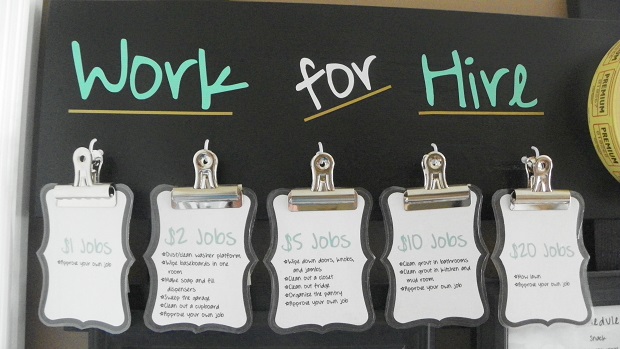Back in the day when the world was only in black and white, there was a 1960s television show called, “Kids say the darndest things.” Ark Linkletter was the host who would interview adorably precocious kids who said all kinds of hilarious things. Bill Cosby revived it later in the 90s. It was based on young kids who didn’t quite get things right and tickled us with their innocent inaccuracies.
Well, I’m here to tell you that kids sometimes never grow up. Teenagers can be just as naive and ridiculously funny (with an emphasis on “ridiculous”). Which can also be scary because these are the same adolescents who are supposedly preparing to launch into adulthood in a few years…or seconds. Some of them will be leaving home and trying to survive in the real-world jungle on their own without being eaten by the realities of navigating ATM machines, grocery carts, or the post office for the first time.
The following are ACTUAL quotes from just-such-Innocents AKA teenagers. I’ll leave it to you to decide if we want these kids to vote, cook our fast-food burgers, procreate, and become mayor some day.
“Do we have a zip code?”
“Do guys have ovaries?”
“Can I use a Christmas stamp to mail something in July?”
(As mom is going through menopause) 13-year-old said, “Yeah, it’s hot out today. I bet you’re really sweating because of your dementia.”
(a text): Happy Mother’s Day. Did you move my charger?
Mom sent her teen to the grocery story with a list. Self check out asked how many cilantro he was buying. He counted each stem and the total came out to $60 for one bunch of cilantro.
Teenager said he couldn’t read the letter from his grandfather because it was in Spanish. Cursive…it was in cursive.
Teenager daughter’s car broke down. She got hysterical “cuz all the emojis came on.”
“Where is the elbow grease?”
Freshman in college was horrified the cafeteria was serving whale. Turned out to be “okra” not “orca.”
Teenager was upset after receiving his first paycheck because they took out some for a FICA guy and he didn’t tell them that they could!
Teen texts mom from Subway: “What do I usually order?”
Son needed mom to order a croissant for his date to the dance (corsage).
Teen asks mom when her social security card expires. Mom says, “When you die.”
Teen was making a delivery and called the customer for the gate code to get into the community. The teen on the other end of the phone said, “hashtag 137”
Teen fills out blood type: “Good.”
Son fills out a job application and asks dad, “Have I ever been convicted of a felony?”
“What time zone am I in?
“How do I make half a sandwich? What am I supposed to do with the other piece of bread?”
13-year-old son went in for an eye exam. The nurse asked him to cover his right eye and read the 6th line. He just stood there. She asked him to go ahead and read the 6th line. Finally, after a few minutes of an awkward silence, the nurse said, “Honey, can’t you see the line?” He replied, “Of course I can see it. I just can’t pronounce that word.”
20-year-old daughter asked her parents who would be her guardian if both her parents died. “Um, you’re an adult. You are you own guardian.”
At the opening for a teenager’s new bank account:
Bank employee: Can I get your social?
Teen: (proceeds to give her IG handle)
“Is euthanasia a country or a continent?”
Mom was waiting for some cancer biopsy test results and her son called to ask, “So what’s the result of your autopsy?”
“What happens when all the miles run out on the car?”
Son forgot his tube of face cleanser and had no idea how to use a bar of soap. “Do I wet it? Do I wet my hands first? Or do I wet my face first? I don’t understand what is happening here.”
From the recent eclipse:
“If I look at the sun too long it will damage my urethra.”
“Can I watch in a t-shirt or do I have to be completely covered?”
“I’ve been staring at the sun all week to get my eyes ready.”
“How many days is it going to be dark for?”
Well, folks. These are the real kids walking around in our neighborhoods with sharp scissors and making decisions behind the wheel of cars. I hope we can do better turning teens into functioning adults. I wouldn’t want to run into one of them in a dark alley without their bottle of face cleanser. Who knows what crazy thing they might do.
Source: the leighton show
